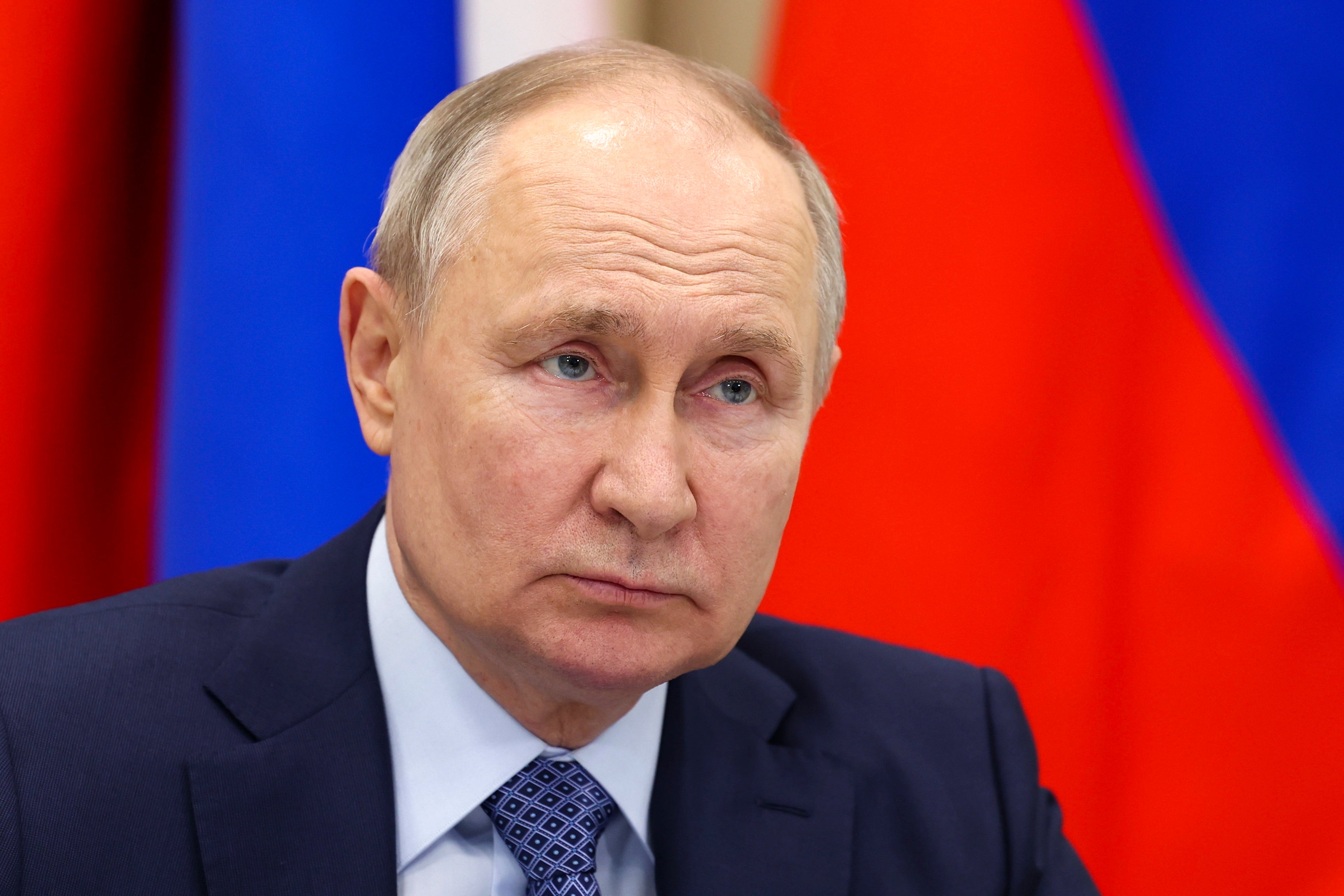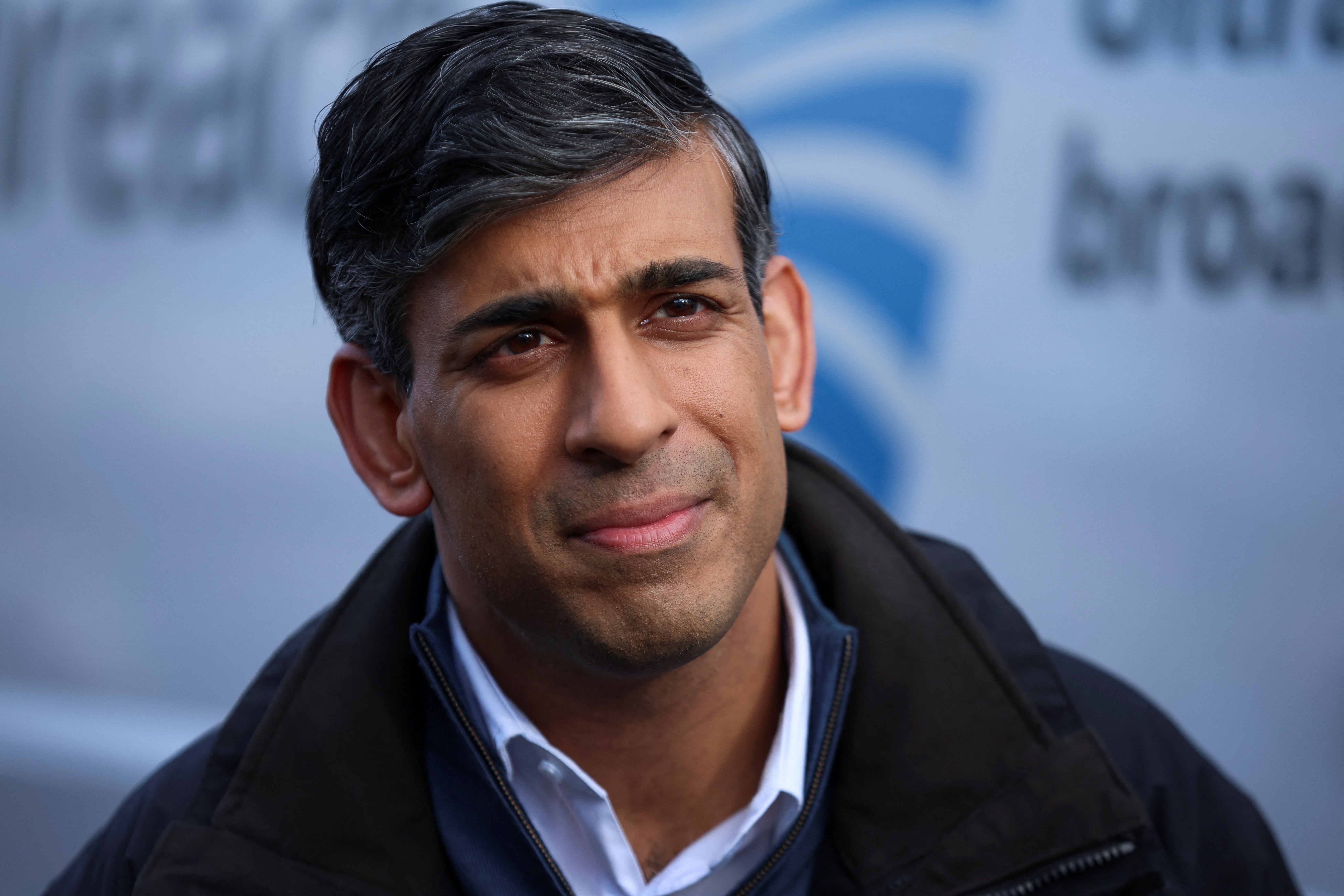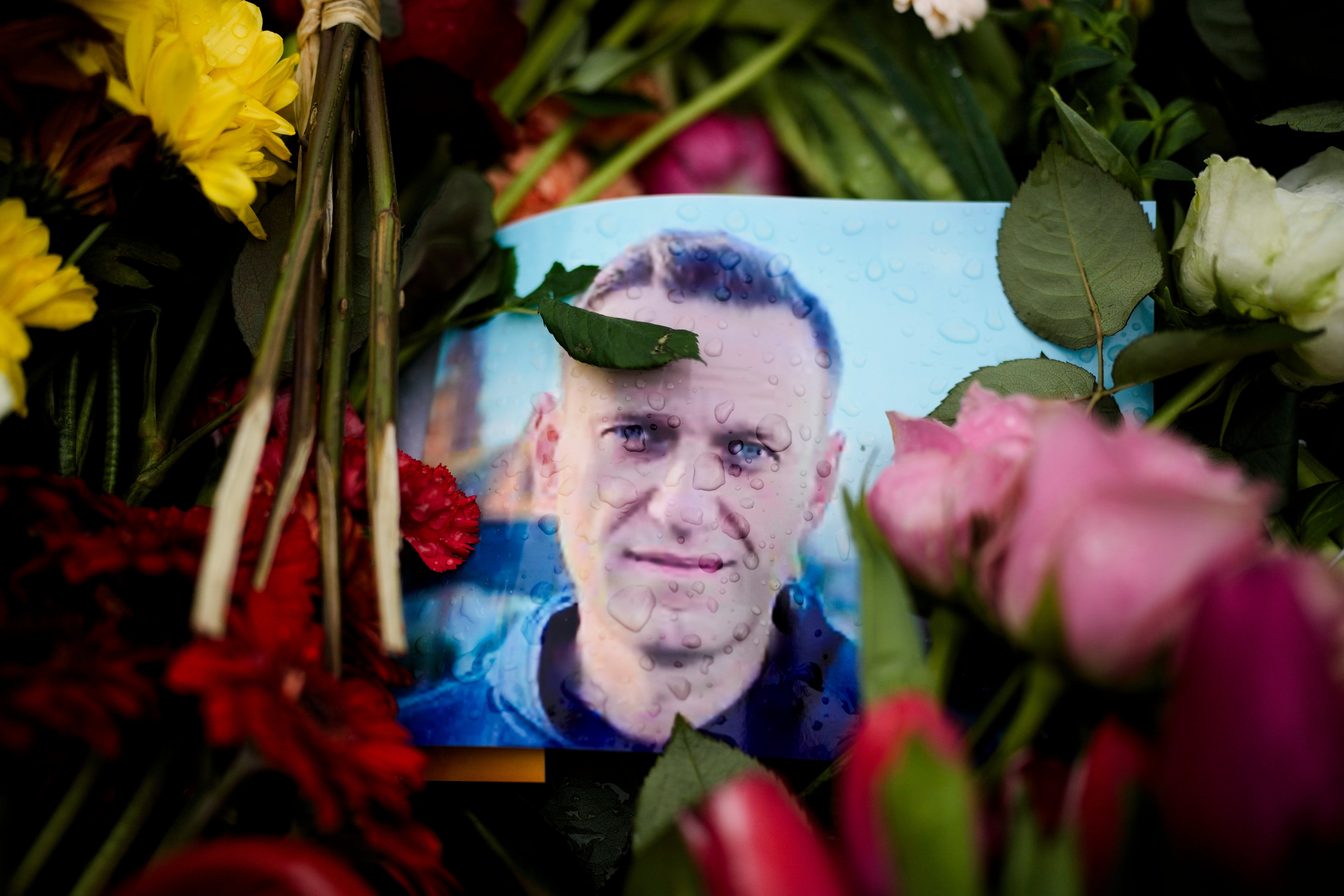Fury over foreign aid budget being used to train Russia’s future leaders at British universities
Exclusive: MPs and campaigners accuse government of aiding Vladimir Putin’s regime as we reveal it has relaxed a ban on Russians joining ‘emerging leaders’ scholarship programme – fully funded by British taxpayers
Your support helps us to tell the story
From reproductive rights to climate change to Big Tech, The Independent is on the ground when the story is developing. Whether it's investigating the financials of Elon Musk's pro-Trump PAC or producing our latest documentary, 'The A Word', which shines a light on the American women fighting for reproductive rights, we know how important it is to parse out the facts from the messaging.
At such a critical moment in US history, we need reporters on the ground. Your donation allows us to keep sending journalists to speak to both sides of the story.
The Independent is trusted by Americans across the entire political spectrum. And unlike many other quality news outlets, we choose not to lock Americans out of our reporting and analysis with paywalls. We believe quality journalism should be available to everyone, paid for by those who can afford it.
Your support makes all the difference.Rishi Sunak has been accused of aiding Vladimir Putin’s regime over the government’s plans to spend hundreds of thousands of pounds of taxpayers’ money training up the next generation of Russian leaders.
Britain barred Russians from applying to the Chevening scholarship programme – a fully funded masters degree aimed at “emerging leaders” from all over the world – after Mr Putin invaded Ukraine two years ago.
But, despite the conflict still going on – and Britain ramping up sanctions on Moscow in response to the death of opposition leader Alexei Navalny – The Independent can reveal that the scheme has been reopened to applicants from Russia.
The prime minister is now facing calls to reverse the decision, with MPs and campaigners criticising the decision to use foreign aid money in this way. One MP said: “It will only possibly benefit apparatchiks of Putin’s regime.”
Bill Browder, the US anti-corruption campaigner, told The Independent it is “highly inappropriate” to reinstate the scheme.
He said: “While Putin is killing Ukrainians, it would be highly inappropriate for the British government to send any money to Russians, who may go back to Russia and support the war effort. A programme like this should be for citizens of countries that aren’t threatening us with nuclear war.”

The scheme sees overseas students brought to British universities, with flights, accommodation and tuition fees all included – on the condition that they return to their home country after graduation.
It is funded by the Foreign Office through the UK’s international aid budget, and is aimed at boosting Britain’s soft power and relationships with countries around the world.
In the past, more than 30 scholarships in one year have gone to students from Russia. It means that, from September, Britain could be spending hundreds of thousands of pounds bringing Russian applicants to the UK.
Critics rounded on the government’s decision to reopen the scheme to Russians while the war is ongoing, with former Tory leader Sir Iain Duncan Smith denouncing it as “hopeless”.
The senior MP added: “Why are we doing this at this time? After Putin’s brutal invasion of Ukraine that has cost so many lives and destroyed so many towns and cities. Why would we want to do this?”
Sir Jacob Rees-Mogg told The Independent that the Foreign Office should “clearly continue the suspension of this scheme”. “It will only possibly benefit apparatchiks of Putin’s regime,” he added.

He called for the money to be spent on helping those displaced by Russia’s invasion. He said: “If this money is available, it ought to be spent helping Russian families living in exile to avoid Putin’s murderous regime.”
The Chevening scholarship programme provides study at UK universities – including Oxford and Cambridge as well as the University of Bristol, the University of Glasgow and Nottingham Trent – for students with the potential to become future leaders, decision makers and opinion formers.
It was established in 1983 as the Foreign and Commonwealth Office Awards Scheme, and renamed in 1994 after Chevening House in Sevenoaks, Kent – the foreign secretary’s grace and favour home.
A student coming to London receives a stipend believed to be worth around £18,500 in addition to full tuition, with an average degree ordinarily costing overseas graduates £17,109.
With flights also included, each student could account for more than £35,000 of expenditure, though the Foreign Office refused to disclose the amount involved or how many students would be funded this year.
Foreign affairs committee member Henry Smith said it is “not the time” to reopen the scheme, pointing to Mr Putin’s administration “acting like a crime syndicate at home and bringing war to Europe”. He added: “Indeed, it could be argued as a potential security risk.”
Former defence minister Tobias Ellwood said: “Given Russian sports athletes are banned from international competitions and cannot compete under the Russian flag, spending a penny on supporting Russian students is absurd.
“We can and must suspend support of Russians if they are returning to Putin.”

The Foreign Office said Chevening allows Britain to “engage the next generation of students from across the globe with Western values and critical thinking”. A spokesperson added: “Our argument is with Putin’s regime and his illegal invasion of Ukraine. It is not with the Russian people, many of whom are increasingly suffering the consequences of this invasion.”
The spokesperson also pointed to a rise in domestic repression in Russia – with ordinary Russians increasingly unable to exercise their fundamental freedoms – as justification for the decision.
Alicia Kearns, the head of parliament’s foreign affairs committee, said reopening the scheme is “the right thing to do”.
“Enabling Russian students, the brightest and best, to see that Putin’s ‘truths’ are anything but, and to experience a society that is open and free, is the right thing to do,” she told The Independent.
The decision to reopen the scheme to Russians coincides with the second anniversary of Moscow’s full-scale incursion into Ukraine.
In the two years since the war erupted, more than 10,000 Ukrainian civilians have been killed and nearly 20,000 injured.
Britain has also ramped up its sanctions on Russia over the murder of Navalny. Days after his death, the UK imposed travel bans and asset freezes on six individuals heading up the notoriously brutal “Polar Wolf” FKU IK-3 prison camp where he was killed.
A Foreign Office source told The Independent that those returning to Russia will take back “experience of our values and society compared to theirs”.
And they said the number of Chevening alumni who hold government, civil service and civic society roles around the world is “large and significant”, saying it “can make a big difference diplomatically”.
The source said: “Clearly Russia is in a different place right now, but we have never made our absolute commitment to help Ukraine in its self defence against Putin’s illegal and brutal invasion an attack or repulsion of the Russian people.”

Join our commenting forum
Join thought-provoking conversations, follow other Independent readers and see their replies
Comments